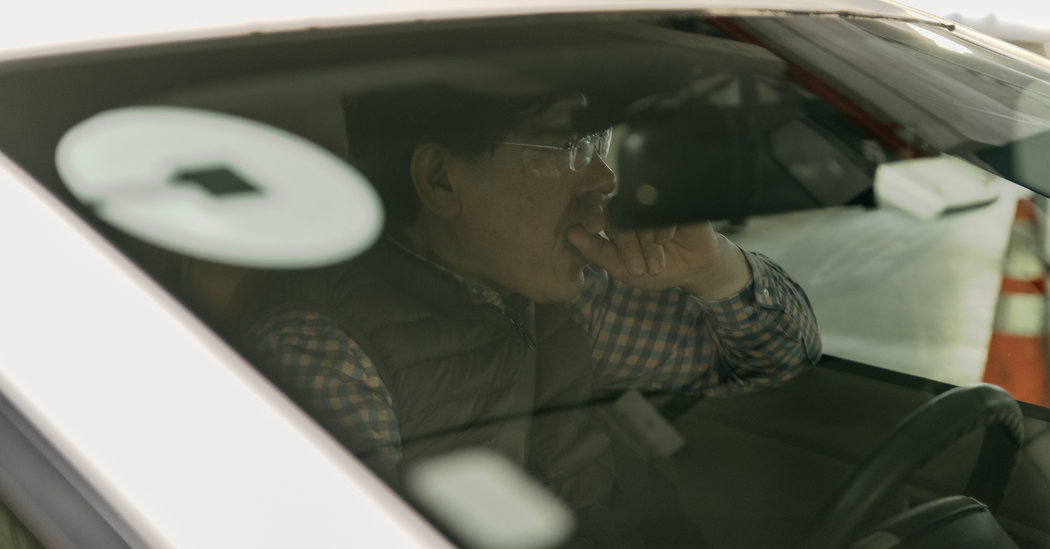But, citing a federal appeals court decision, the memo also said the “animating principle” used to make the determination of contractor status was whether the worker had an opportunity to profit from the activity in the way an entrepreneur would.
“The drivers had significant entrepreneurial opportunity by virtue of their near complete control of their cars and work schedules, together with freedom to choose login locations and to work for competitors of Uber,” the memo stated.
Marshall Babson, a former labor board member appointed by President Ronald Reagan who is now a labor lawyer representing management, said the general counsel’s conclusion had largely been dictated by the limitations of federal law.
While the conclusion may not be satisfying to those who believe the National Labor Relations Act, enacted in 1935, does not reflect the realities today’s workplace, Mr. Babson said the board did not have the authority to expand the boundaries of the act on its own.
“Congress has to do it, not the N.L.R.B.,” Mr. Babson said.
But Wilma Liebman, a board chairwoman under President Barack Obama, said the memo elevated the importance of factors that indicate a contractor relationship, like whether both the company and worker believe the person is a contractor, and underplayed factors that suggest employment, like the fact that drivers perform a function that is central to Uber’s business.
Ms. Liebman added that the memo took an extremely permissive view of entrepreneurship, given that drivers cannot set prices or market their personal services to potential customers. The driver’s entrepreneurial opportunities are almost “completely circumscribed by the company’s control of the price,” she said.
Some labor groups insisted that drivers would not be deterred from mobilizing for better treatment, even without the protections of federal labor law.
“Drivers across the globe are organizing and demanding rights,” Bhairavi Desai, executive director of the New York Taxi Workers Alliance, said in response to the memo. “The road may be long and difficult, but one way or another Uber will have to answer to its workers.”

